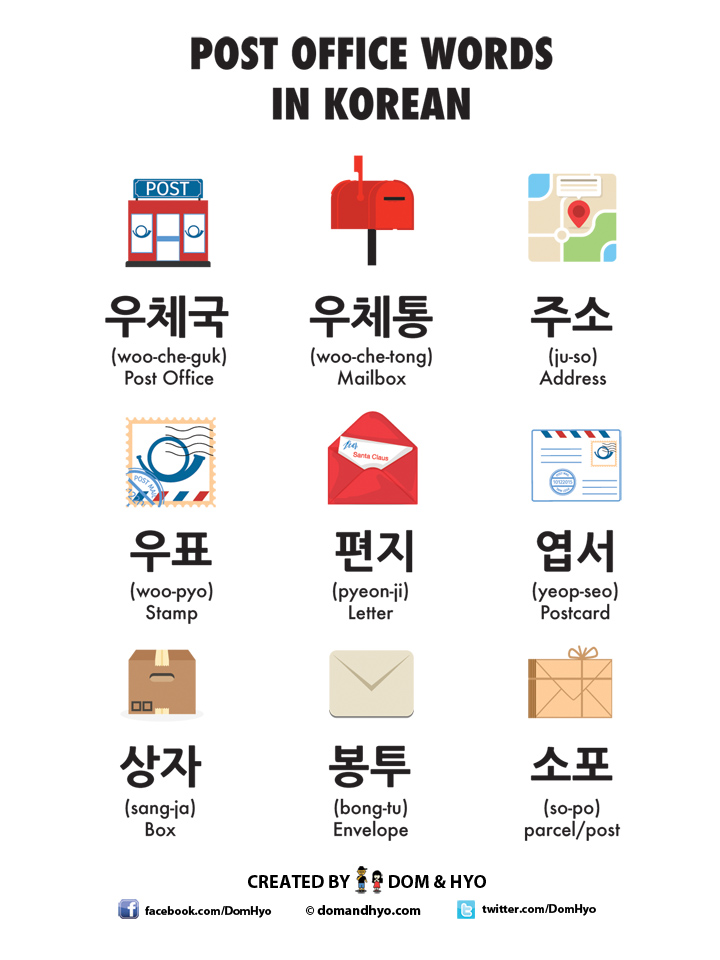
Keep going throughout the old notebook, ignoring the unimportant or the stuff you know, until you’ve been through the whole first notebook and re-added the stuff you don’t know to your new notebook. Heck, there may not ever be a time or a place to learn some things you’ll find in the depths of your notebook.
Korean vocab how to#
There’s a time and a place to learn how to say ‘what extraordinary dungarees’ or ‘she invigilated the exam’. Take a look at all your notes and write down anything you don’t remember and is still relevant aka, not including those silly words that you wrote down feeling keen to learn every word and become like a native in the language. Once you’ve filled up your notebook for a language, before adding any new vocabulary to your shiny new notebook, open up your old one on page one. A few people have asked about this on Instagram so I’ll explain. I’ve adapted the idea slightly from the original use in the Goldlist method. However, after speaking to Shannon in one of our weekly study buddy chats and sharing that I’d filled up my little notebook and was feeling stressed about starting a new one because I felt I didn’t know anything, she mentioned that she had tried the Goldlist method and took from it the idea of distilling. That’s not to say it’s a bad method or even that I’m lazy! Who knows, it may be something I try in more detail in the future. I’ve not yet fully tried the Goldlist method for vocabulary, mainly because of the time it takes and the time it would take me to see if it works for Korean for me. And, in contrast to our first point about Memrise, kinda boring.
Korean vocab free#
When I was studying for my A levels in French and Spanish, I would spend my free periods using up pages and pages of my notepad writing and re-writing loads of vocabulary, because, clearly, I was a cool kid who knew how to make best use of those free periods.

Time to think back, way back, to a time before smartphone apps and fancy SRS language learning tools. So when I started Korean, I was really disappointed when the words just weren’t staying in my brain with Memrise. This has always proved successful for me and I enjoy doing it, which is so ridiculously important. I am a huge Memrise fan and normally use Memrise most days to up my vocabulary in various languages. Let’s get stuck in to this slippery business. So with that in mind, I set out to experiment with Korean vocabulary and share what I’ve learnt with you so far in this post. When I mentioned this to Simon from Omniglot at the Polyglot Gathering in Berlin, he described Korean vocabulary as ‘slippery’ in his experience. One of the things that has struck me (and Shannon) about our recent experiences with Korean is how difficult Korean vocabulary can be.

The more languages you learn, the more you learn how different they are. Stay safe out there.Why Can’t I Learn Korean Vocabulary? (+ what I’m doing to fix it)

(this is why I don’t comment things here.

No promises to my boss either for that matter.Īnyway, I’m also making a couple pics here and there kind of Black Lives Matter-y and you can’t stop me, but it does mean that I don’t necessarily use the most recognizible words for the Hanja? (Like for 수 the most obvious one is obviously “math - 수학”) You’re just gonna have to live with that.Īlso I really appreciate likes and reblogs? It’s pretty motivating, but I’m not your boss either so just do your thing. Feel free to tell me if there’s a style you prefer (and why it’s better for your learning?), but you’re not my boss so no promises. I’m clearly trying out different ways of visualizing things so I hope you don’t mind the inconsistencies. I usually don’t comment on these because they feel big enough already, but whatever. 多樣 - 다양 - Variety / Diversity 數 - 수 - 셀 수


 0 kommentar(er)
0 kommentar(er)
